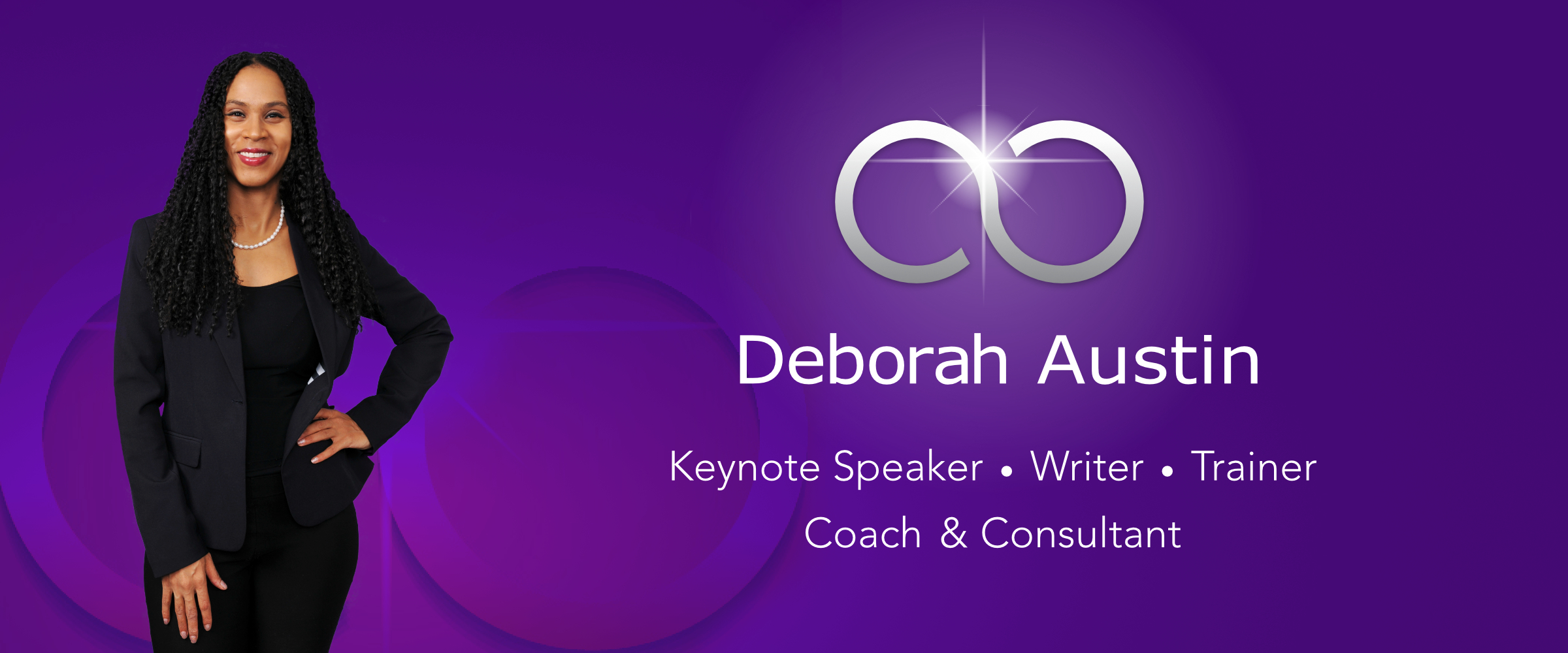As a speaker learning how to use your body language effectively will help you to connect with your audience. Body language, gestures, facial expressions and eye contact are commonly referred to as nonverbal language. Even before you open your mouth, your body language conveys how you feel. It is important that before you present, you get into as much as possible a positive frame of mind. Since our bodies are the vehicle through which we communicate and express ourselves, it should come as no surprise that our body will through our nonverbal language ‘’leak” what we feel. As much as possible, you want to convey positive emotions in order to connect with your audience.

Congruency
When it comes to body language, one of the most important aspects to remember is the notion of congruency. Congruency means that your nonverbal language matches your verbal message. If you say that you are happy to be speaking at a function, your nonverbal language should match and express that sentiment. Have a smile on your face and use your eye contact to look at audience members and build rapport with them.
Congruent body language demonstrates that you are confident in delivering your message to an audience. On the other hand, if your body language does not demonstrate congruence, the audience will not believe your message. There will be a major disconnect. One of the tips that will allow you to master confident body language is to ensure that you are prepared. Being prepared and knowing the content of your speech well in advance will help you to project confidence.
How often have you seen a speaker who says that I’m so happy to be here speaking in front of an audience yet the nonverbal language does not convey that message. For example, people who are not confident when they speak, tend to mumble, not project their voice, avoid eye contact with the audience, slouch and are generally nervous and edgy. Confident speakers on the other hand tend to speak in a clear voice, build rapport by looking and smiling at the audience and their carriage (body posture and stance) projects confidence.
Facial Expressions and Eye Contact
As a speaker, your facial expressions and eye contact help get your message across to your audience. Smiling and effective eye contact are critical when you’re building rapport with audience members. It’s important that you learn to “soften” your facial expressions. When we’re nervous, whether it’s related to public speaking or another endeavor, the tendency is to tighten or tense our facial expressions. The facial expressions that are conveyed, therefore are not as welcoming as they could be. Learning to relax can help us with demonstrating positive facial expressions.
When delivering a presentation, focus your eye contact on specific areas of the room rather than all over the room. You don’t want your eye contact to be like an oscillating fan. Be laser focused, don’t sweep the room back and forth with your eye contact. The strategic way to use eye contact is the following. When you’re speaking, make eye contact with a few people on each side of the room. For example, look to the left, the middle and then to the right and back again with a pointed focus. If you have the opportunity to meet some of the attendees before you begin your speech, try and make eye contact with people you know to put yourself at ease.
Open and Closed Gestures
There are many different types of gestures and broadly speaking they can fall into two main categories. They are: open or closed gestures. Make sure that when you use your gestures, they are punctuated with purpose. A certain points in your speech, using simple gestures can really help you to connect with your audience. You need to ensure that your gestures are enhancing your message and not detracting from it. Closed body gestures have the appearance of making you seem less relatable. An example of a closed gesture would be, having your arms crossed for the duration of your speech. This gesture would make you appear closed off, unapproachable and not connected to your audience. Of course this is purely perception. Open gestures on the other hand, are gestures that are more relaxed or expansive. An example, would be having your arms rest at your sides with open palms. If you want to be seen as someone who is warm, open, and relatable aiming for more expansive gestures when you speak will leave the audience with the impression that you are more approachable. In turn, using open gestures will in many instances make your audience more receptive to your message.
Learning to use your body language effectively when you speak will help you build greater rapport with your audience and deliver a successful speech.
If you obtained value from this post, please comment and share.






